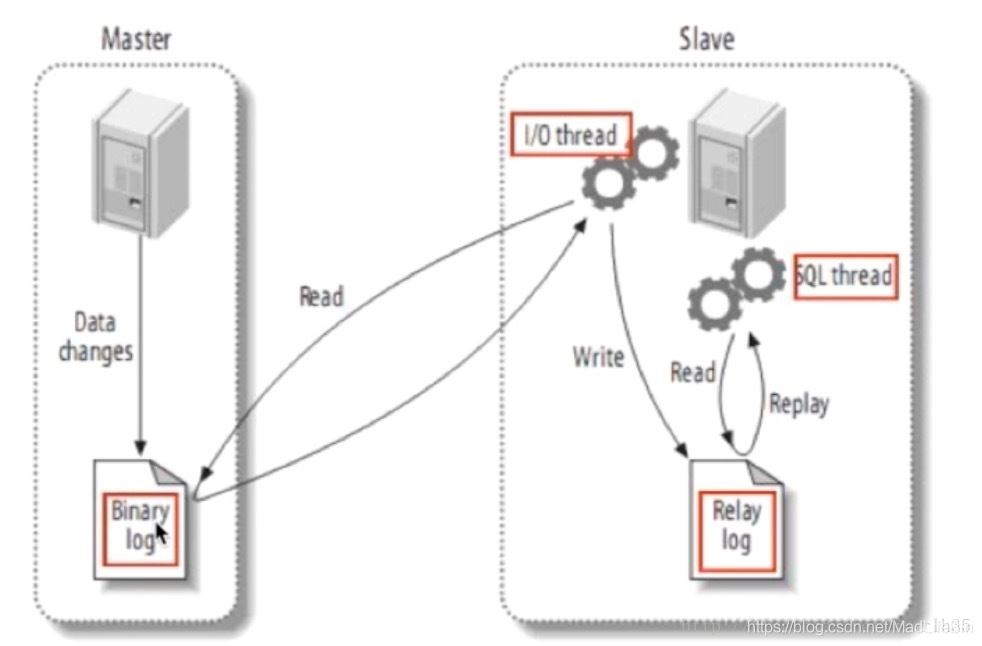[LeetCode] 185.Department Top Three Salaries 系里前三高薪水
The Employee table holds all employees. Every employee has an Id, and there is also a column for the department Id.
+—-+——-+——–+————–+
| Id | Name | Salary | DepartmentId |
+—-+——-+——–+————–+
| 1 | Joe | 70000 | 1 |
| 2 | Henry | 80000 | 2 |
| 3 | Sam | 60000 | 2 |
| 4 | Max | 90000 | 1 |
| 5 | Janet | 69000 | 1 |
| 6 | Randy | 85000 | 1 |
+—-+——-+——–+————–+
The Department table holds all departments of the company.
+—-+———-+
| Id | Name |
+—-+———-+
| 1 | IT |
| 2 | Sales |
+—-+———-+
Write a SQL query to find employees who earn the top three salaries in each of the department. For the above tables, your SQL query should return the following rows.
+————+———-+——–+
| Department | Employee | Salary |
+————+———-+——–+
| IT | Max | 90000 |
| IT | Randy | 85000 |
| IT | Joe | 70000 |
| Sales | Henry | 80000 |
| Sales | Sam | 60000 |
+————+———-+——–+
这道题是之前那道Department Highest Salary的拓展,难度标记为Hard,还是蛮有难度的一道题,综合了前面很多题的知识点,首先看使用Select Count(Distinct)的方法,我们内交Employee和Department两张表,然后我们找出比当前薪水高的最多只能有两个,那么前三高的都能被取出来了,参见代码如下:
解法一:
SELECT d.Name AS Department, e.Name AS Employee, e.Salary FROM Employee e JOIN Department d on e.DepartmentId = d.Id WHERE (SELECT COUNT(DISTINCT Salary) FROM Employee WHERE Salary > e.Salary AND DepartmentId = d.Id) < 3 ORDER BY d.Name, e.Salary DESC;
下面这种方法将上面方法中的<3换成了IN (0, 1, 2),是一样的效果:
解法二:
SELECT d.Name AS Department, e.Name AS Employee, e.Salary FROM Employee e, Department d WHERE (SELECT COUNT(DISTINCT Salary) FROM Employee WHERE Salary > e.Salary AND DepartmentId = d.Id) IN (0, 1, 2) AND e.DepartmentId = d.Id ORDER BY d.Name, e.Salary DESC;
或者我们也可以使用Group by Having Count(Distinct ..) 关键字来做:
解法三:
SELECT d.Name AS Department, e.Name AS Employee, e.Salary FROM (SELECT e1.Name, e1.Salary, e1.DepartmentId FROM Employee e1 JOIN Employee e2 ON e1.DepartmentId = e2.DepartmentId AND e1.Salary <= e2.Salary GROUP BY e1.Id HAVING COUNT(DISTINCT e2.Salary) <= 3) e JOIN Department d ON e.DepartmentId = d.Id ORDER BY d.Name, e.Salary DESC;
下面这种方法略微复杂一些,用到了变量,跟Consecutive Numbers中的解法三使用的方法一样,目的是为了给每个人都按照薪水的高低增加一个rank,最后返回rank值小于等于3的项即可,参见代码如下:
解法四:
SELECT d.Name AS Department, e.Name AS Employee, e.Salary FROM (SELECT Name, Salary, DepartmentId, @rank := IF(@pre_d = DepartmentId, @rank + (@pre_s <> Salary), 1) AS rank, @pre_d := DepartmentId, @pre_s := Salary FROM Employee, (SELECT @pre_d := -1, @pre_s := -1, @rank := 1) AS init ORDER BY DepartmentId, Salary DESC) e JOIN Department d ON e.DepartmentId = d.Id WHERE e.rank <= 3 ORDER BY d.Name, e.Salary DESC;
类似题目:
Department Highest Salary
Second Highest Salary
Combine Two Tables
参考资料:
https://leetcode.com/discuss/23002/my-tidy-solution
https://leetcode.com/discuss/91087/yet-another-solution-using-having-count-distinct
https://leetcode.com/discuss/69880/two-solutions-1-count-join-2-three-variables-join
到此这篇关于SQL实现LeetCode(185.系里前三高薪水)的文章就介绍到这了,更多相关SQL实现系里前三高薪水内容请搜索NICE源码以前的文章或继续浏览下面的相关文章希望大家以后多多支持NICE源码!











